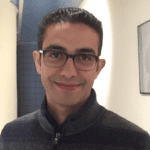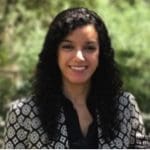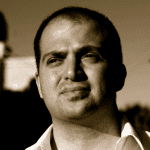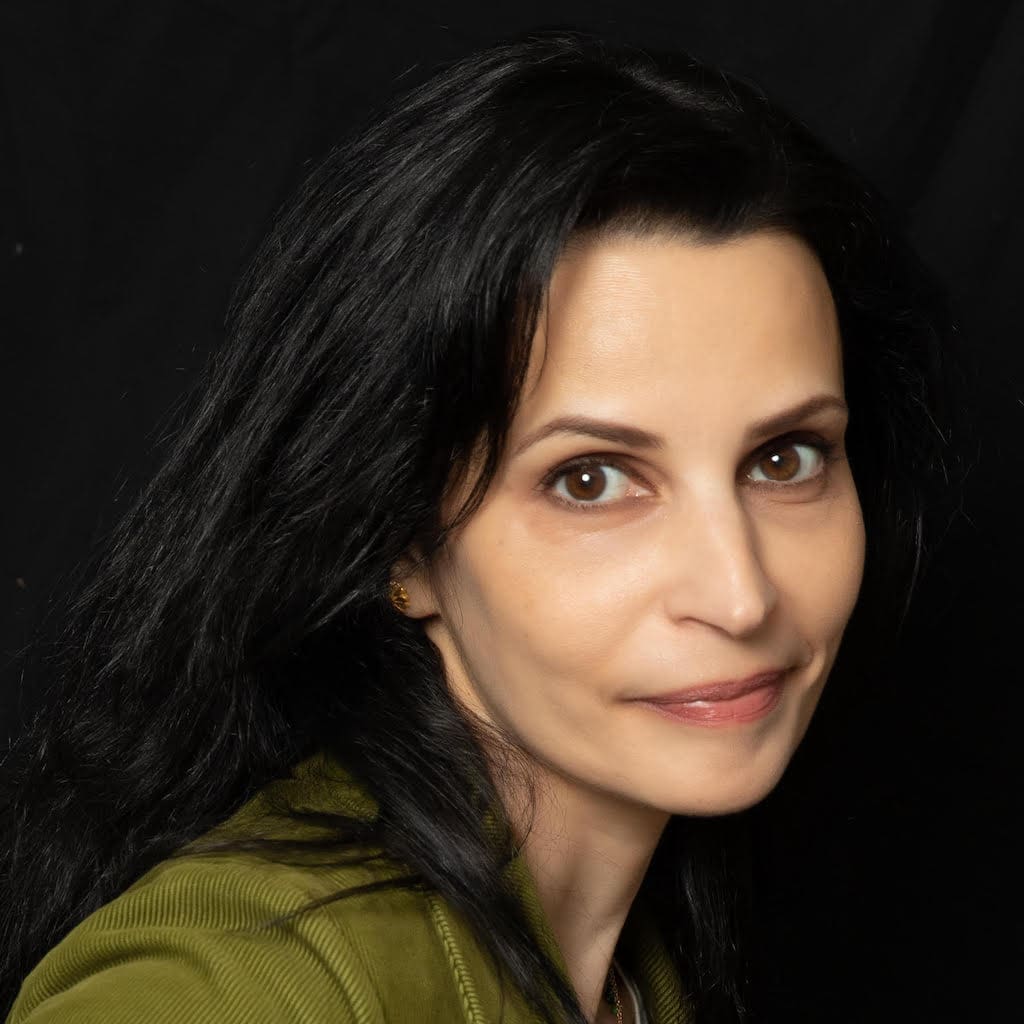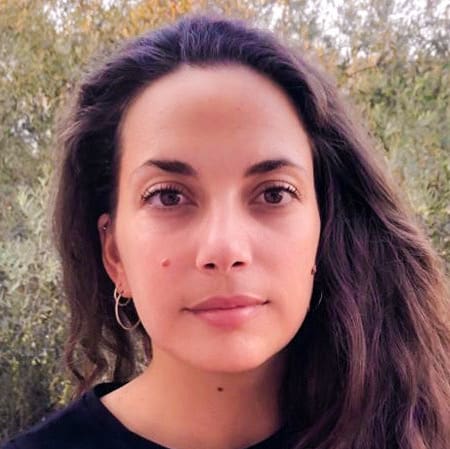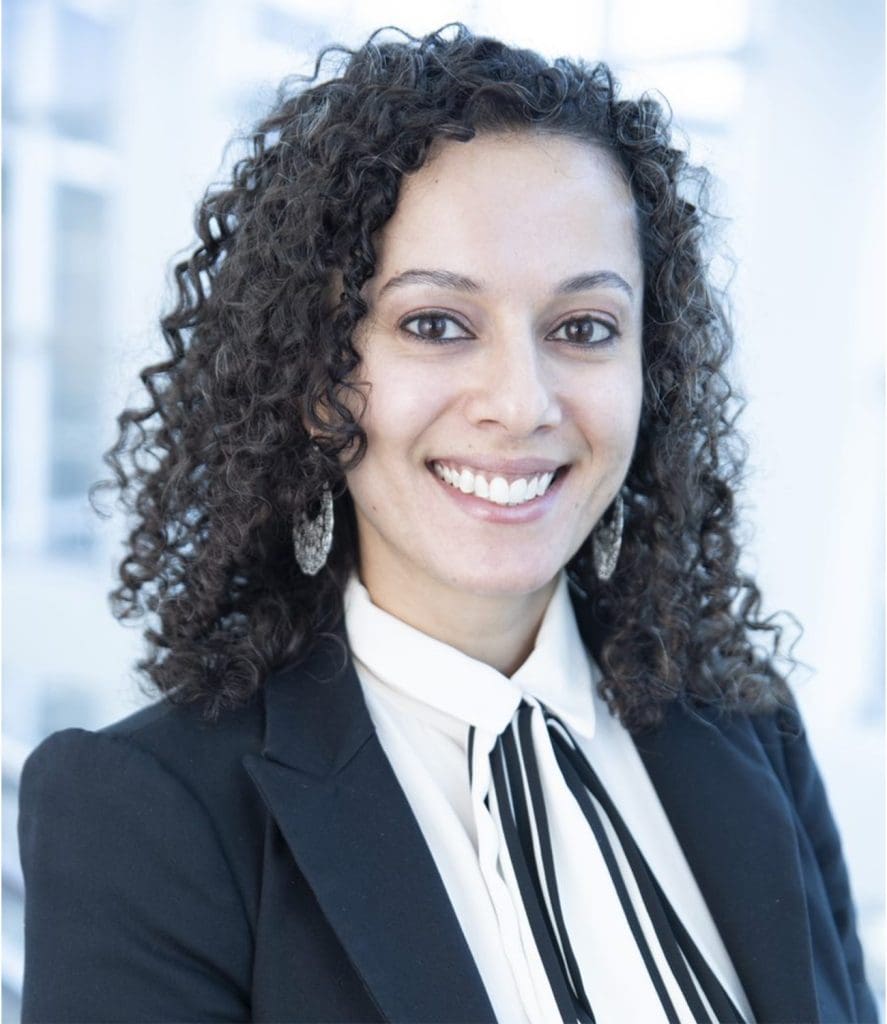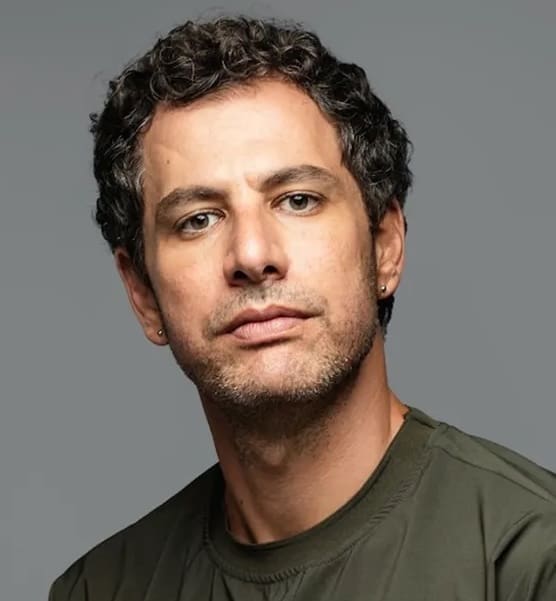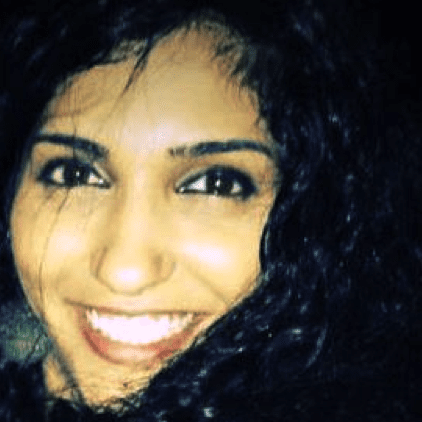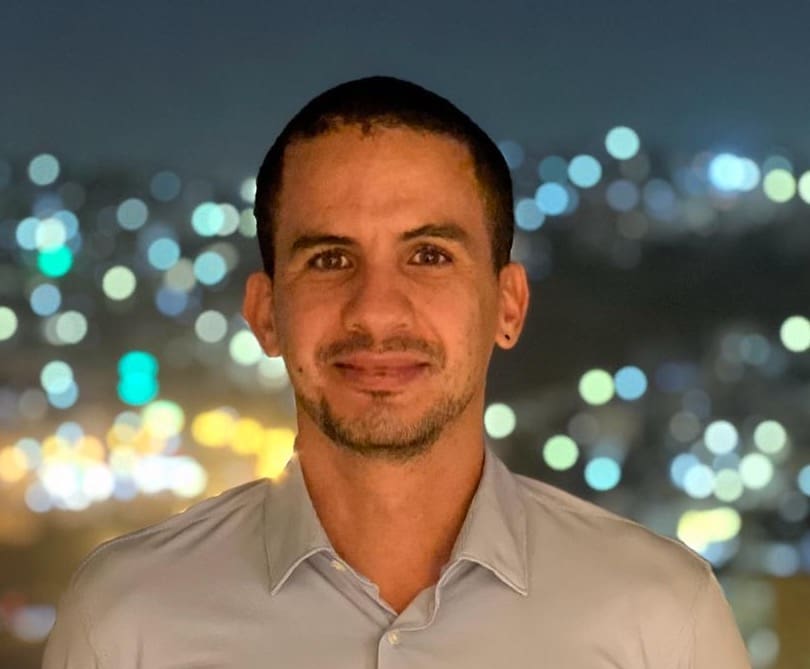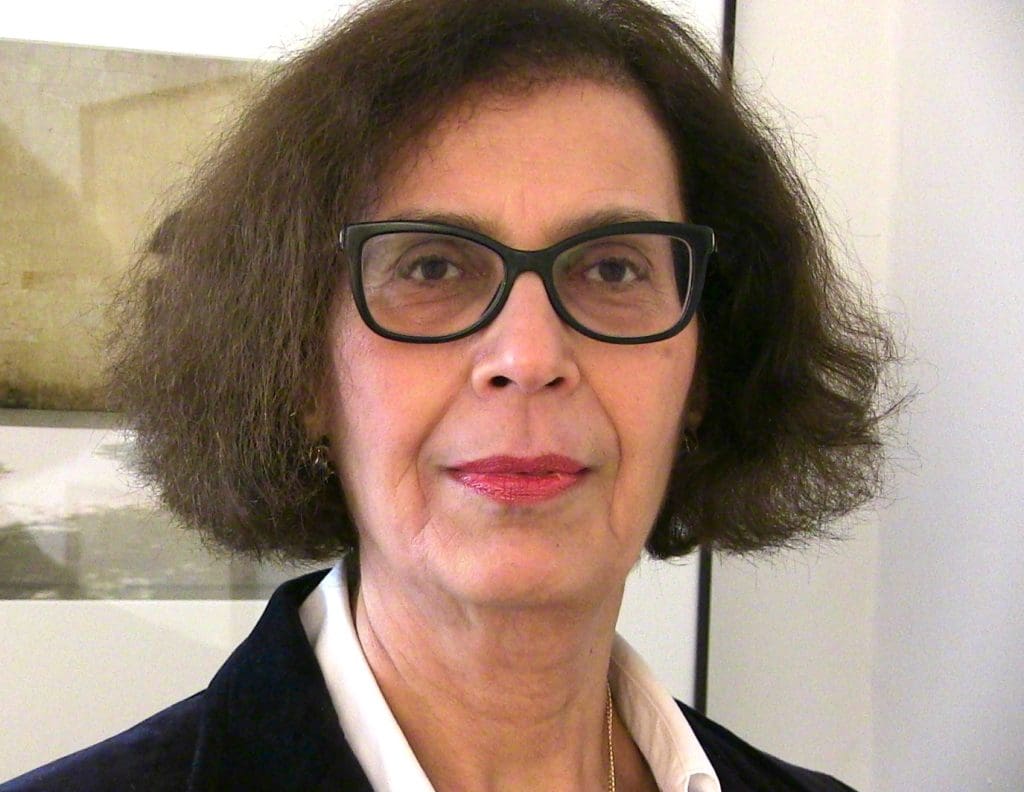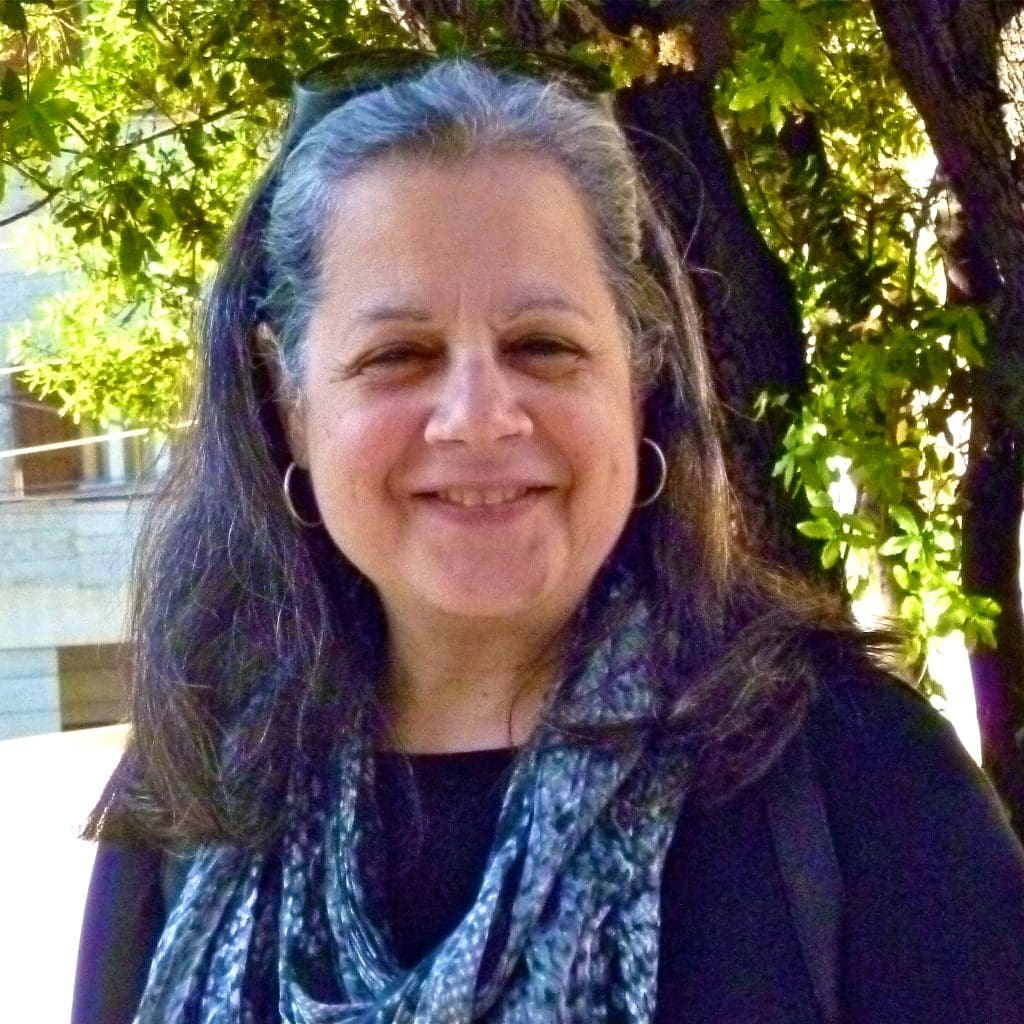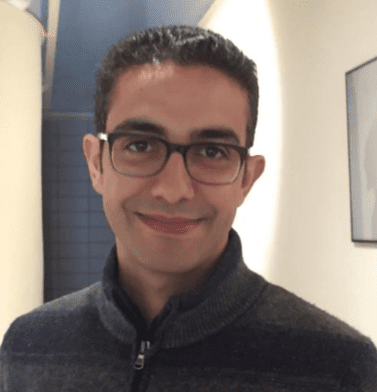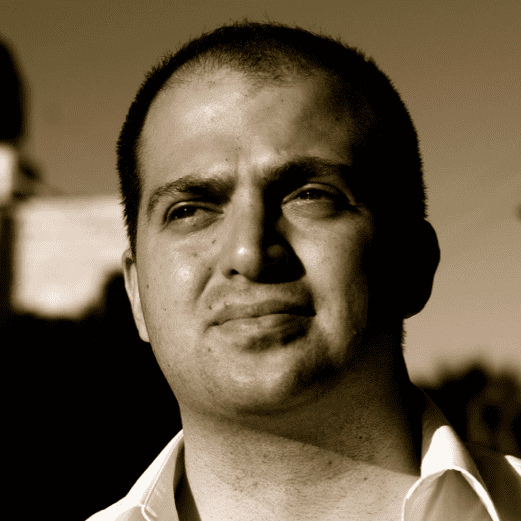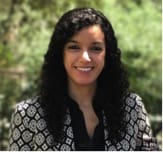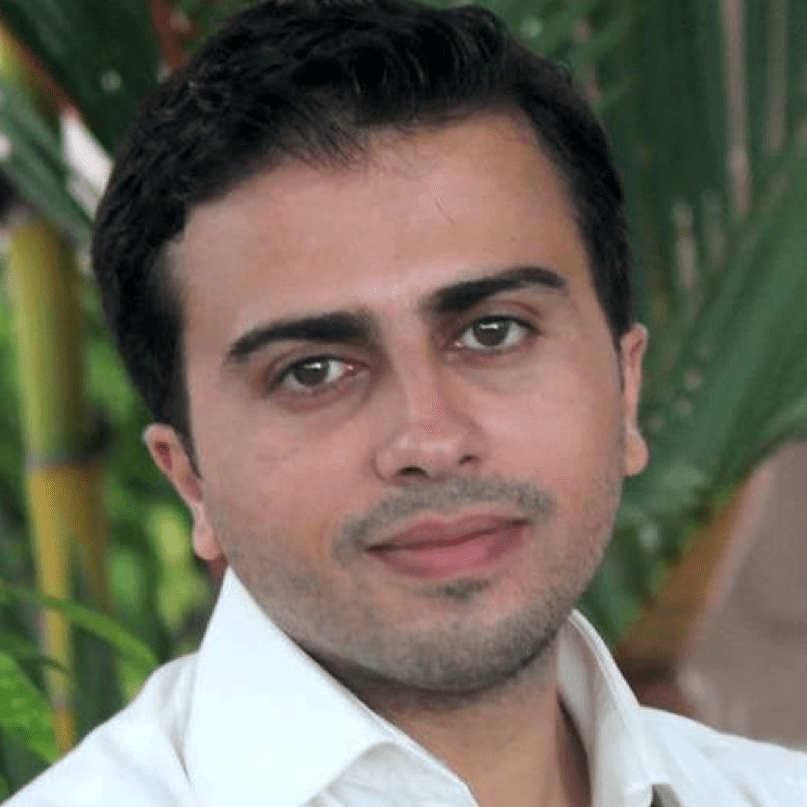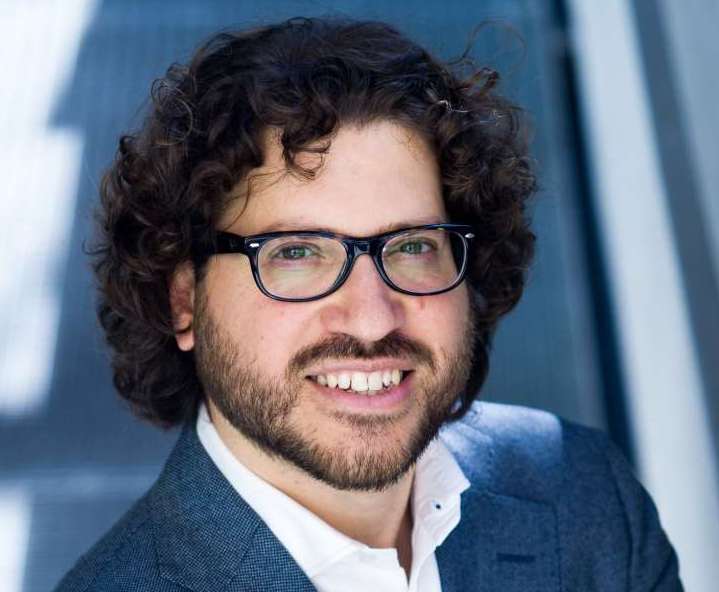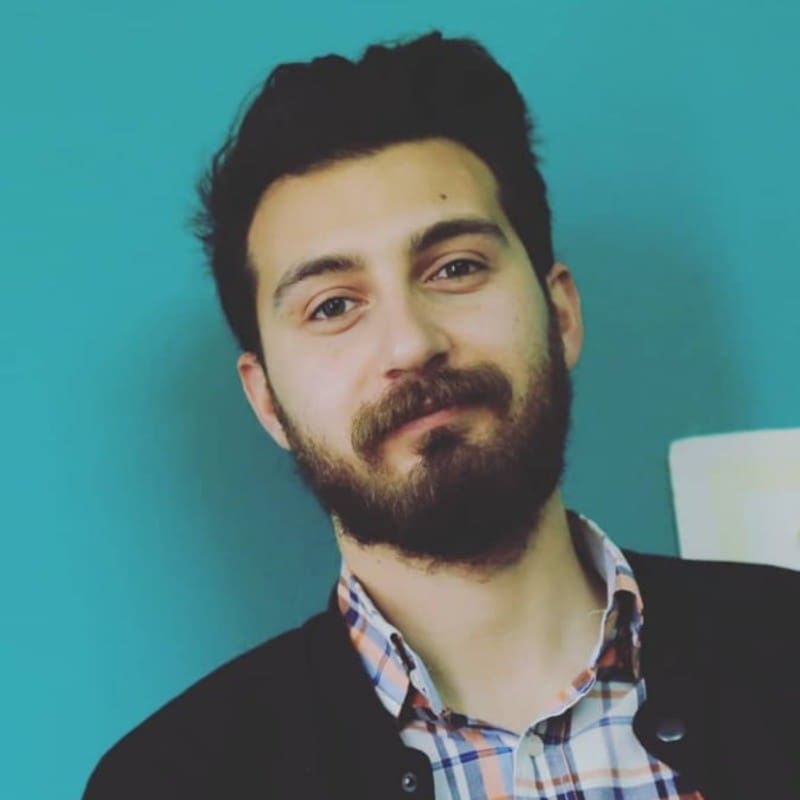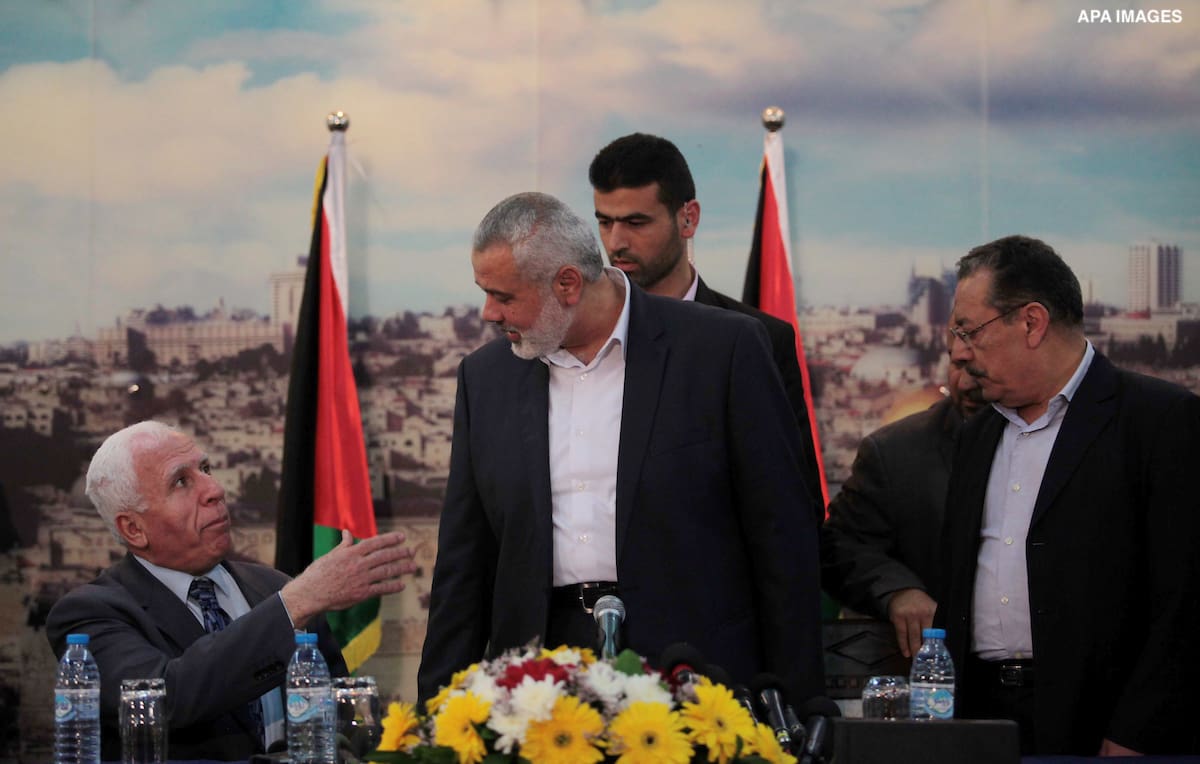
As the Israeli regime continues its genocidal campaign against Palestinians in Gaza, many have begun to weigh in on the future of Hamas and of Palestinian leadership more broadly once the bombardment ends. One of the dominant proposals circulating amongst analysts, Palestinian and otherwise, is the revival of the Palestine Liberation Organization (PLO), with Hamas as a member party.
Indeed, senior Hamas officials have signaled renewed interest in joining the coalition in recent weeks, and former Palestinian Authority (PA) Prime Minister Salam Fayyad recently argued that the PLO must expand its membership to include both Hamas and Islamic Jihad in order to secure popular legitimacy. Current PA Prime Minister Mohammad Shtayyeh has likewise indicated a willingness to consider Hamas as a member, provided the movement accepts the PLO’s standing mandate.
But revival of the PLO requires more than bringing Hamas, and possibly Islamic Jihad, into the fold. For the past 20 years, the Fatah-controlled PA has effectively whittled down the PLO to a barren institution, serving primarily its own interests rather than those of the Palestinian people as a whole, as was originally intended. What then, beyond inclusion, is needed in order to resuscitate the viability of the PLO? What resources exist to carry out this effort, and who may champion such a project to ensure a self-determined result?
In an effort to strengthen the generative thinking around these questions, Al-Shabaka revisits a collection of its past works that sought to confront this very topic. Together, these pieces lay bare the reality that the questions many are grappling with today are not new, but rather the continuation of a years-old discussion among the Palestinian community.
Reclaiming The PLO, Re-Engaging Youth
by Nijmeh Ali, Marwa Fatafta, Dana El Kurd, Fadi Quran, Belal Shobaki (August 2020)
In this collection of papers, Al-Shabaka analysts bring a multilayered response to the calls to reclaim the PLO. Belal Shobaki revisits the political evolution of both Hamas and Islamic Jihad, arguing that, after over 30 years of exclusion, the time is ripe to integrate both parties into the umbrella organization. Nijmeh Ali contends with the PLO’s seemingly contradictory nature as both a liberation movement and governing body, arguing that this must first be clarified before an effective form of representation can take shape. Fadi Quran confronts the obstacles in the way of developing authentic leadership, particularly among the youth, and examines the role of resistance as a way out of the morass. Dana El Kurd draws on the diaspora for inspiration, focusing on the Palestinian Youth Movement as a model for how Palestinian umbrella institutions may evolve in an effective and responsive manner. Finally, Marwa Fatafta centers the issue of accountability in the struggle to reclaim the PLO and discusses how to ensure it forms part of the future national movement.
Reviving a Palestinian Power: The Diaspora and the Diplomatic Corps
by Inès Abdel Razek, Zaha Hassan, Nadia Hijab, Mona N. Younis (May 2021)
This study–the first of its kind–zeroes in on the PLO diplomatic corps and its engagement with the Palestinian diaspora. Together, the four authors unpack the assumption that increased engagement between the diaspora and the PLO diplomatic missions may serve to strengthen the PLO and its representative character. Using a detailed methodology that included interviews with a selection of civil society actors as well as current and former PLO diplomats, the study seeks to assess the potentiality of the diplomatic corps in serving as a key tool to revive both the PLO and collective national aspirations.
Scenario Matrix: Possibilities for the West Bank and Gaza
by Mohammed Al-Rozzi, Yara Asi, Jamil Hilal, Tahani Mustafa, Tareq Sadeq, and Belal Shobaki (May 2023)
The Al-Shabaka Scenario Matrix is a Palestinian-led scenarios assessment exercise that seeks to outline the potential implications and consequences of future political scenarios for Palestinians in the occupied West Bank and Gaza. The matrix presents and analyzes various scenarios that Palestinians are likely to encounter in the near future–including, among others, the revival of the PLO. The matrix utilizes a sectoral approach analyzing the repercussions of these scenarios across specific sectors. To date, the following five sectors are examined: health; governance, security, and the rule of law; the economy; education; and the social sector. Political analysis is likewise provided for each scenario. We invite you to engage with this interactive tool to understand further how a PLO revival may impact various Palestinian sectors.
Palestinian Leadership: What a New Model Might Look Like
by Inès Abdel Razek, Ali Abdel-Wahab, Tareq Baconi, Marwa Fatafta, Dana El Kurd (June 2018)
In this piece, analysts were asked to respond to three central questions: Which governance model can ensure the full democratic representation and popular participation of the Palestinian people within and outside of the West Bank and Gaza? How can we ensure that a new leadership and institutions are accountable to and meet the needs of the Palestinian people? How can we overcome the geographical and political fragmentation of Palestinians?
In response, Dana El Kurd advocates for a return to the original PLO structure, whereby the Palestinian diaspora would play a key role in refocusing the direction of the Palestinian people. Marwa Fatafta and Inès Abdel Razek propose broader changes, calling for the decentralization of the PLO and PA to give more authority at the local level and break up the current leadership’s power monopoly. Tareq Baconi and Ali Abdel-Wahab recommend the formation of a committee or body outside the current leadership to bring about a new representative model.
The Unity Intifada: Any Role for the PLO?
with Zaha Hassan, Nadia Hijab, and Nadim Bawalsa (July 2021)
The PLO remains visibly absent from popular Palestinian organizing and action, from the Unity Intifada of 2021 to present efforts to resist Israeli settler colonization. This has led many Palestinians to question the organization’s legitimacy and relevance. Do Palestinians still need the PLO? If so, why? Nadia Hijab and Zaha Hassan join host Nadim Bawalsa as they engage with these questions and more in this Al-Shabaka policy lab. Note: This policy lab is only available in English.
The Palestinians and the Necessity of Restoring the PLO
with Nijmeh Ali, Belal Shobaki, and Alaa Tartir (September 2020)
The Israeli regime’s continued annexation of Palestinian land, alongside expanding normalization with Arab governments, makes it imperative for the Palestinians to revive the PLO and reclaim its role as the sole legitimate representative of all Palestinians. Doing so is essential to restoring the Palestinian national project and collective vision, particularly given the failure of the PA and its two-state model. In this policy lab, Belal Shobaki and Nijmeh Ali join host Alaa Tartir to discuss the importance of activating the PLO in the current context and ways to revive the institution as the sole legitimate and democratic representative of the Palestinian people worldwide. Note: This policy lab is only available in Arabic.
2020 and the Palestinian Leadership with Tareq Baconi
with Tareq Baconi and Yara Hawari (December 2020)
In this episode of Rethinking Palestine, Tareq Baconi and host Yara Hawari reflect on the failure of the Palestinian leadership to provide a challenge to the Israeli regime on the ground and to unite an increasingly socially, geographically, and politically fragmented people. Together, they weigh in on the impact of fragmentation on the liberation struggle, the role of Gaza, and possibilities for political reconciliation among the dominant Palestinian factions. Note: This podcast episode is only available in English.
For further analysis on Palestinian leadership and the PLO, we encourage you to review our previous compilation, Focus On: PLO and Palestinian Representation (2017).








